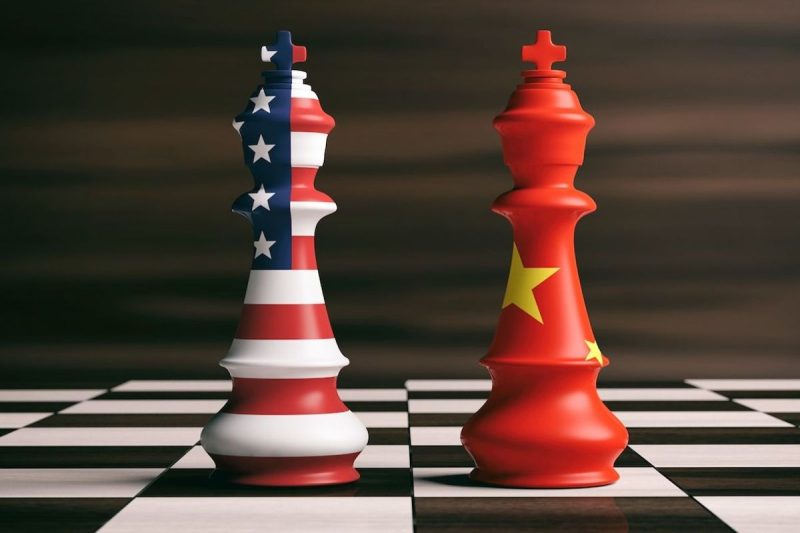The Biden Administration Proposes Ban on Chinese Vehicles Citing Espionage Concerns
**Background on Chinese Vehicle Industry**
China has emerged as a major player in the global automotive industry over the past few decades. The country is home to several leading automakers such as Geely, BYD, and NIO, which have been making significant strides in producing electric vehicles (EVs) and advanced automotive technology.
**The Biden Administration’s Proposal**
In a surprising move, the Biden administration has recently proposed a ban on Chinese vehicles in the U.S., citing espionage concerns. This proposal has sparked a heated debate within the automotive industry and raised questions about the potential impact on the market, consumers, and diplomatic relations between the two countries.
**Espionage Concerns**
One of the primary reasons behind the proposed ban is the fear of Chinese vehicles being used as a tool for espionage. The U.S. government has long been wary of China’s surveillance capabilities and its track record of using technology for espionage purposes. By banning Chinese vehicles, the administration aims to mitigate the risk of sensitive information being compromised through these vehicles.
**Impact on Consumers**
If the ban on Chinese vehicles is implemented, it could have significant repercussions for American consumers. Chinese automakers have been gaining popularity in the U.S. market due to their competitive pricing, innovative features, and focus on electric vehicles. A ban on these vehicles would limit consumer choice and potentially lead to higher prices for alternative options.
**Market Effects**
The proposed ban could also disrupt the automotive market, as Chinese vehicles have become an increasingly important segment in the industry. Automakers that rely on Chinese components or partnerships may face challenges in maintaining their operations, leading to potential supply chain disruptions and economic implications.
**Diplomatic Relations**
Furthermore, the ban could strain diplomatic relations between the U.S. and China. The automotive industry is a key sector for both countries, and a ban on Chinese vehicles could escalate tensions and impact trade negotiations and other international agreements.
**Conclusion**
In conclusion, the Biden administration’s proposal to ban Chinese vehicles citing espionage concerns has raised complex issues that need to be carefully considered. While the protection of sensitive information is paramount, the potential impact on consumers, the market, and diplomatic relations must also be taken into account. As discussions and deliberations continue, it remains to be seen how this proposal will ultimately shape the future of the automotive industry in the U.S. and beyond.

